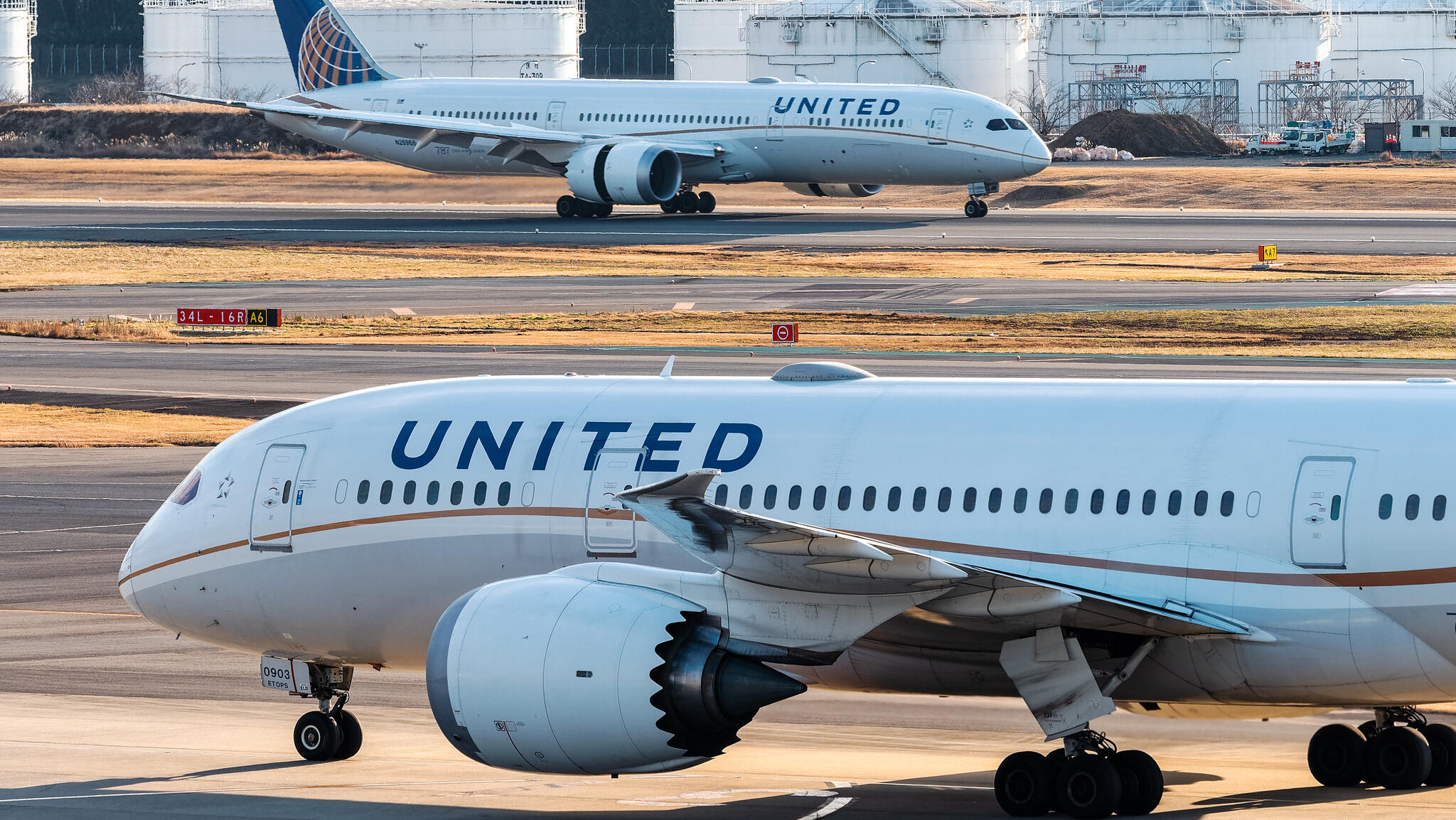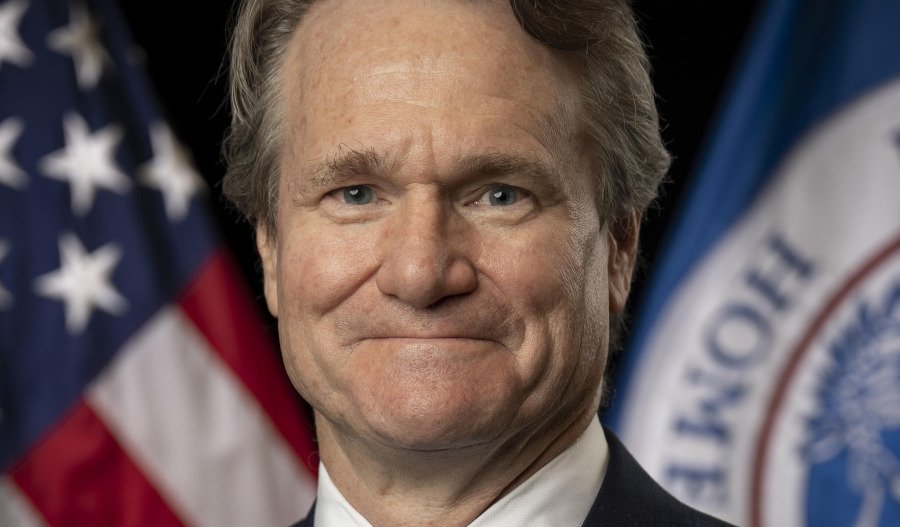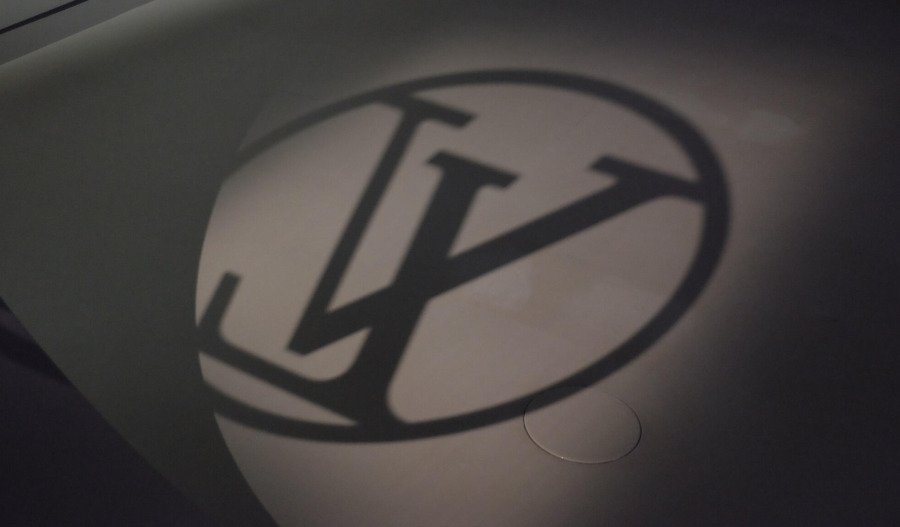United Airlines surged over 6% in after-hours trading on Tuesday (Wednesday AEST) after delivering first-quarter earnings and reaffirming its full-year guidance despite an “uncertain macroeconomic environment”.
However, the airline also took the unusual step of issuing a secondary forecast in the event the United States economy enters a recession, calling the outlook “impossible to predict”.
The company reported adjusted earnings per share of $0.91, beating market expectations of $0.74.
Revenue hit a record $13.21 billion, a 5.4% increase from Q1 2024, though just shy of the $13.23 billion expected.
United described the quarter as its best first-quarter financial performance in five years, despite ongoing macroeconomic uncertainty.
United CEO Scott Kirby remains confident about the carrier's long-term strategy. "United Next is on track and we will continue to execute our multiyear plan that has allowed United to thrive in any demand environment. It has given us industry-leading margins in the good times and we expect to expand our lead further in challenging economic times," he said.
Despite strong results, United announced plans to cut its domestic flight schedule beginning this summer, citing weak demand for domestic travel. The airline will reduce its domestic capacity approximately 4% starting in the third quarter.
The earnings release noted: "In response to the current demand environment, United is removing 4 percentage points of scheduled domestic capacity starting in the third quarter of 2025.
"United is also continuing to make prudent adjustments to the utilisation rate of its fleet, including ongoing reductions in off-peak flying on lower demand days. The airline expects to continue this approach into the fourth quarter of 2025. Additionally, as previously announced, United will retire 21 aircraft earlier than previously planned."
Although United left its initial full-year adjusted EPS guidance unchanged at $11.50 to $13.50, it also issued a revised estimate should a recession hit, projecting earnings between $7 and $9 per share under that scenario.
The airline said booking trends in recent weeks have been stable, with premium-cabin bookings up 17% year-on-year and international bookings up 5%. However, the carrier did not release specific figures on economy-class domestic demand.
Meanwhile, Delta Air Lines declined to reaffirm its own full-year guidance last week, also citing heightened market uncertainty.
At the time of writing, United Airlines (NASDAQ: UAL) was trading at US$71.60 in after-hours deals, up 6.9% from Tuesday's close of $67.00. The stock reached a day low of $65.65 and a day high of $68.25. United Airlines' market cap stands at $21.96 billion.



